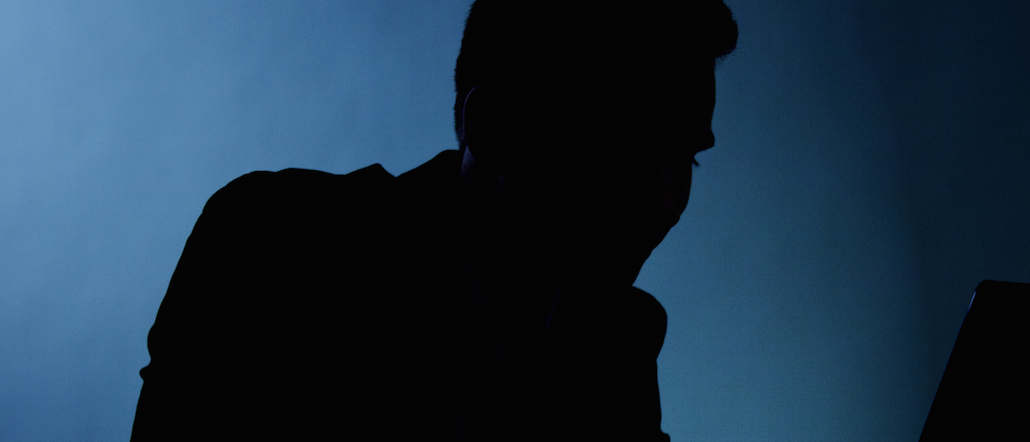Secure your place at the Digiday Publishing Summit in Vail, March 23-25

This article is part of our Confessions series, in which we trade anonymity for candor to get an unvarnished look at the people, processes and problems inside the industry. More from the series →
The social platform boom has given rise to a new breed of niche celebrity with huge followings of their own. With their strong appeal to millennials, it’s no wonder brands have been trying to capitalize on their fan base. For the latest in our Confessions series, we got the low-down from an executive who facilitates deals between personalities and brands.
What’s biggest problem you see in your industry right now?
All of this is exploding, and the influencer marketing line item is becoming a standard component of ad campaigns. But like any other gold rush, it’s attracting a lot of snake oil sellers. Some of these companies are over-representing the talent they represent. They’re making pricing that doesn’t have any rhyme or reason. This is obviously unsustainable. And every time there’s a new platform, especially one that’s interesting to millennials, there’s a whole separate batch of companies that springs up. There’s a shakeout coming.
How is this affecting brands?
Because there’s such a frenzy, the result is campaigns that don’t fit the brand. We heard from one agency that they paid a celebrity to do some tweets for a very major brand, and the celebrity decided at the last minute that he wanted to do it his own way, and it was completely off message and the whole thing fizzled. There are a lot of brands flocking to these creators who do have large followings. But it’s a dangerous space. There are a lot of people who are having a flash-in-the-pan moment, as opposed to an actor or comedian who can really sustain an audience over time.
So how do you tell if someone’s a flash in pan or not?
A lot of these clients overheard their kid talking about a creator on Snapchat or Vine, or they have a personal preference. You have to analyze who the fan bases really are, how engaged they are, how social they really are.
Apparently it’s a thing for some agency execs to use their kids as focus groups.
I do it. My kid, she and her friends are an awesome focus group. So it’s great directional stuff. We don’t really know what success in digital marketing is, because there are too many things to measure and a constant changing mix of KPIs. But if you apply really good data and a scientific approach to match the right influencers and brands and use that a second time to put that content in front of fans, the result can be terrific.
To read about social media stars, it seems like anyone can become rich and famous making Vine videos.
Not everybody is going to be the next Steven Spielberg, even though they have the tools and the platform. They’re not the next Smosh or Michelle Phan. Really good storytelling and acting and entertaining are hard. There’s a 1 percent who are the Alfie Deyes who are making serious bank. And there are a lot of people who better think about getting a day job.
What’s a typical influencer really getting paid these days?
The influencers end up with 25 to 35 percent of the brand spend, and the brand spend is influencing sharply. We are seeing RFPs that a year and half ago were 50 or 100k and now are 500k and up.
Let’s talk about Hollywood celebrities. What’s something about them that would surprise us?
How much creative input the celebrities want to have in creating a narrative about a brand. They don’t want to read a paid-tweet script.
Some people are surprised at how insecure they are, too.
Absolutely. Hollywood celebrities are very insecure. The rise of Netflix and post-cable cord-cutting and mega trends are disrupting the compensation system. Unless you’re Jennifer Lawrence, you’re not getting paid as much as you used to. I’m not sure Matthew McConaughey is worried about Pewdiepie. But celebrities pay a lot more attention than you might think to whether their social media fan base is rising or falling and how fast it is.
The whole idea of endorsements seems to have evolved over a generation.
One thing that’s surprising is that [real celebrities] will do brand work for less money if it’s a natural fit with the brand. There is a new economy that involves a lot less money than traditional endorsements.
Image courtesy of Shutterstock.
More in Marketing

Why Edward Jones’ agentic AI trial comes with limits
Edward Jones tests agentic AI to drive marketing productivity, taking a measured approach as it stops short of full automation.

Footwear brands navigate uncertainty after latest tariffs flip-flop
Some 99% of footwear sold in the U.S. today is imported, according to the Footwear Distributors and Retailers of America.

Brands at eTail Palm Springs share lessons on the ‘messy middle’ of building AI tools
Here’s a rundown of lessons brands have shared about their AI implementations so far.





